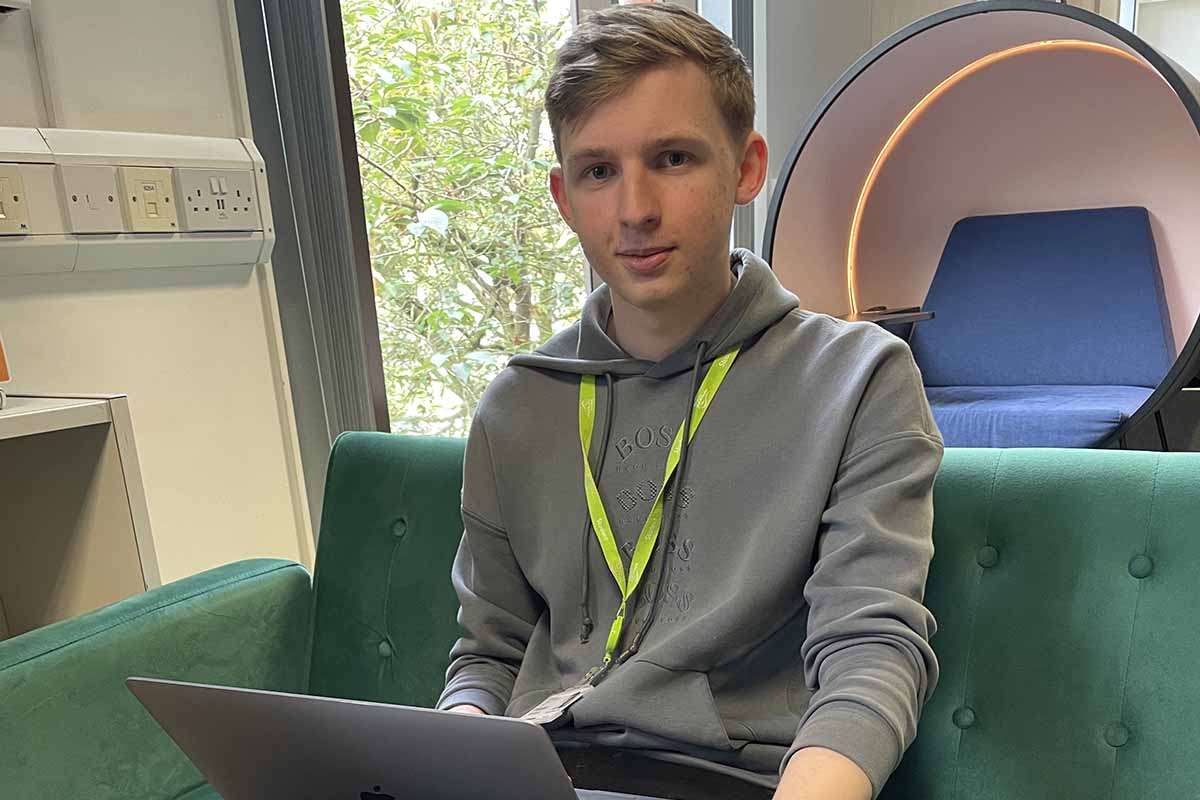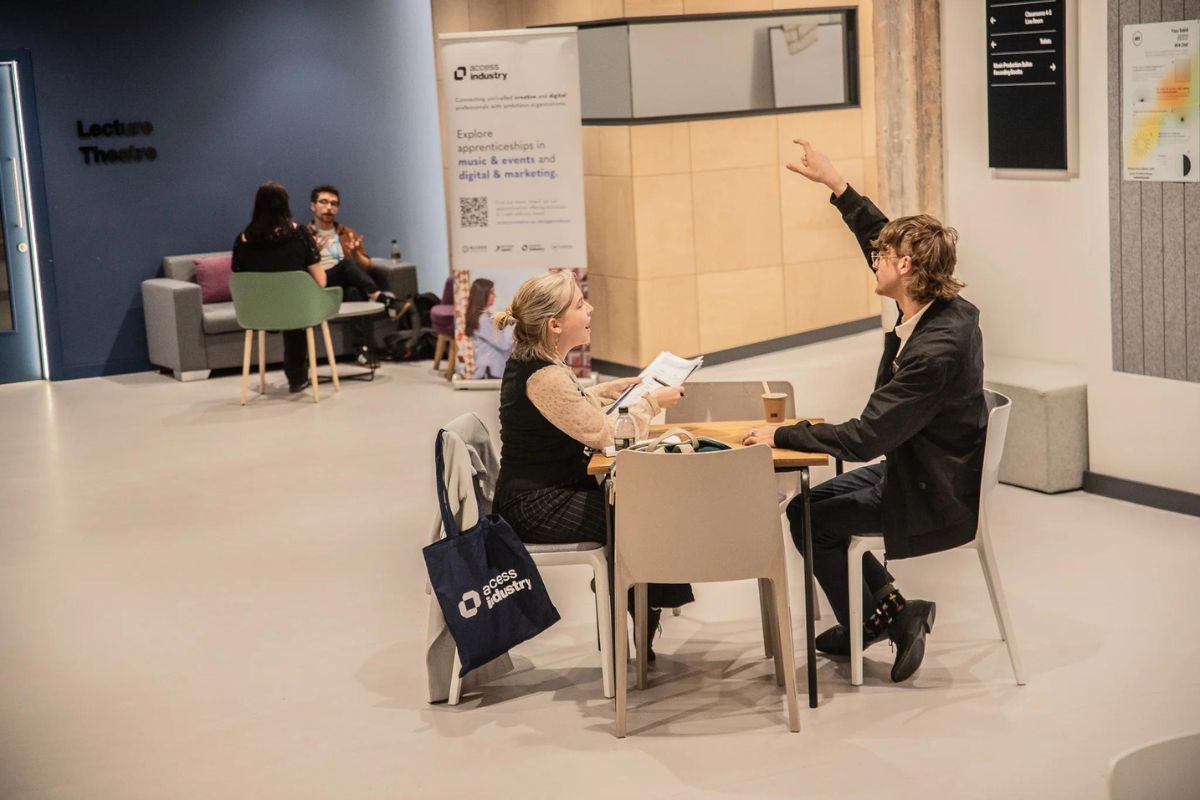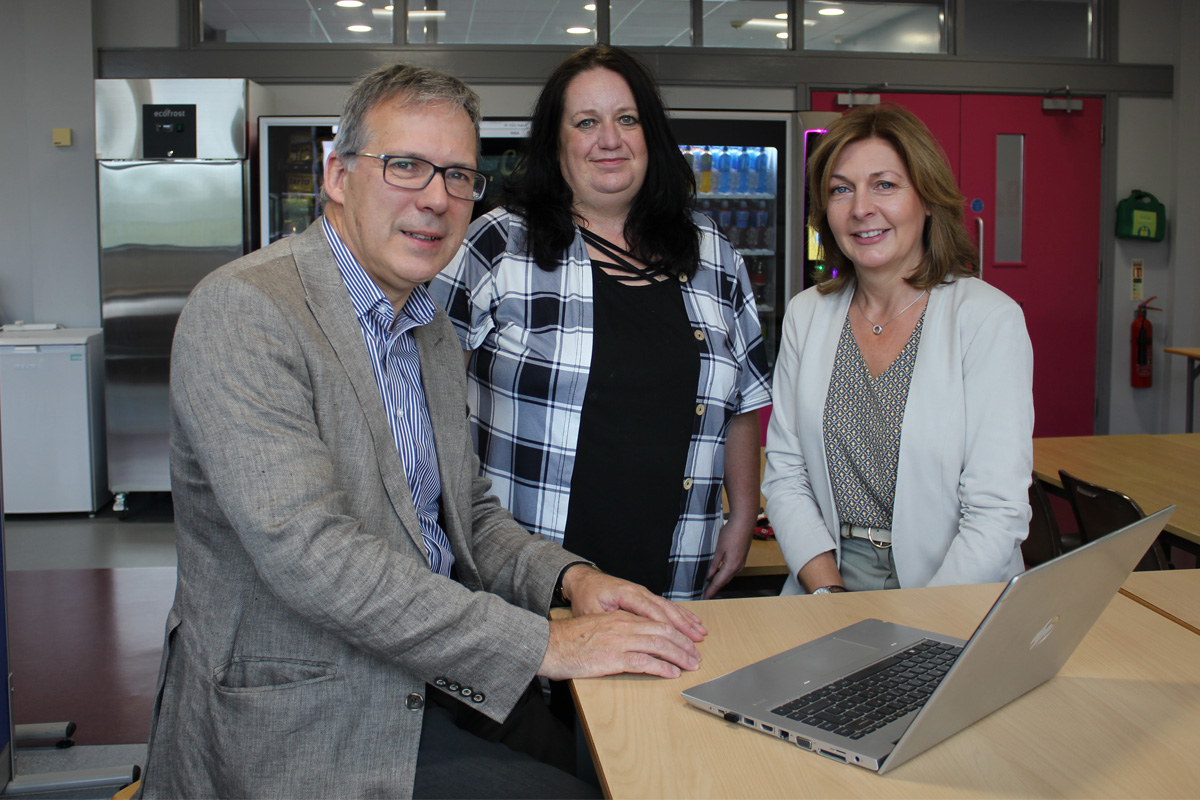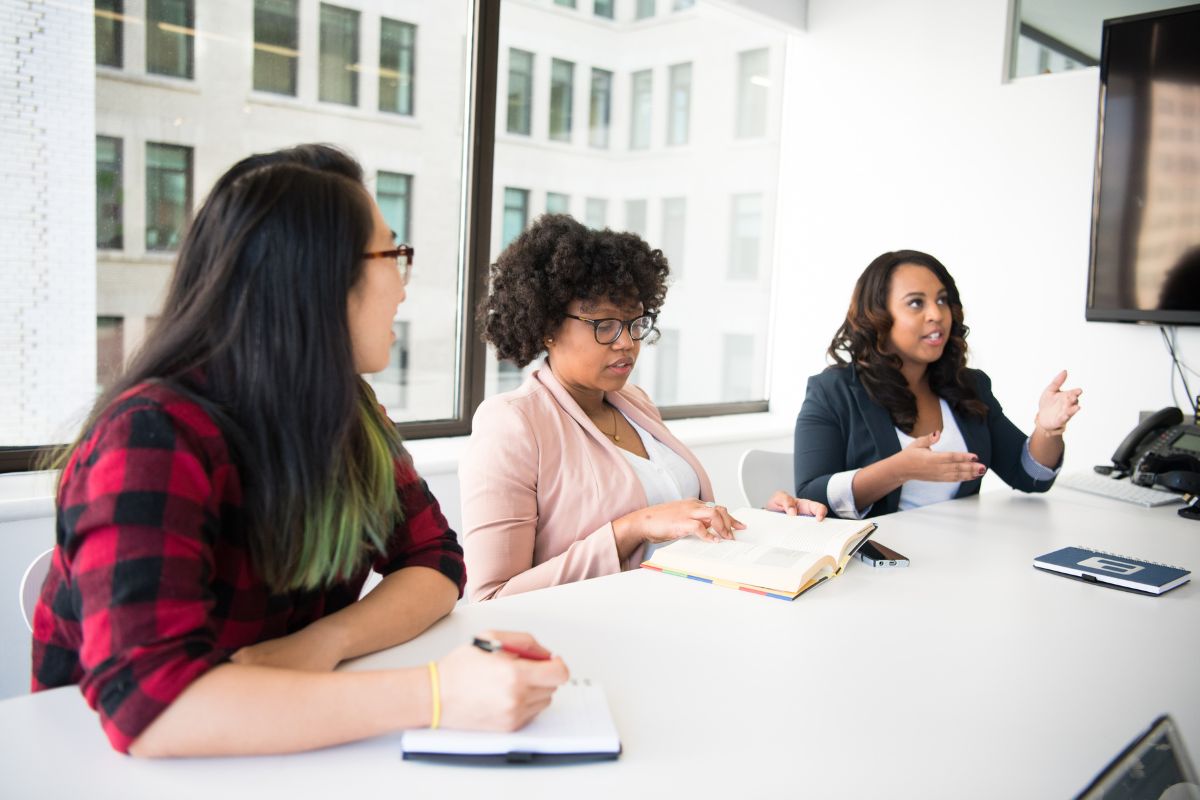Why Art and Creativity are key to all our futures

Nick Corston, Co-founder of arts and creativity non-profit, STEAM Co., explains how arts programmes are being squeezed out of state schools and the impact of that on the education and employment outcomes of an entire generation.
In today’s world, where new technologies like automation and AI are devouring and redefining the skills needed across industries, it’s crucial that we’re equipping our students with the flexibility, capability and proficiency to thrive in the future workplace and to be able to solve tomorrow’s toughest challenges and problems.
While I believe technical aptitude will always have a role to play in our society, it is increasingly the softer, more “human” skills that cannot be easily emulated by technology, like communication, critical thinking, and creativity which are becoming invaluable in navigating the complexities of the modern workplace. Creativity is no longer confined to specific artistic or design-oriented professions; it has emerged as a sought-after skill, transferable across various fields.
At the same time, I believe, and have seen firsthand, how creativity is being squeezed out of the curriculum in our state schools and at the worst possible time. State schools report cutting arts subjects, while independent schools continue to prioritise them,” it’s what the parents pay for” as Geoff Barton, Gen Secretary of School Heads Union ASCL said at our #ArtConnects conference a few years ago.
Back in 1999, the late Sir Ken Robinson wrote a strategy report for the government on art and creativity in schools called ‘All our futures’. His later TED talk on how schools can kill creativity makes a profound case for establishing an education system that nurtures creativity and broadens students’ understanding beyond traditional academic subjects. Instead, we are stunting the future opportunities for a huge proportion of our young people. Why shouldn’t all students, regardless of the kind of school they go to, benefit from the wonders of art and creativity? And not just to prepare them for specific jobs needing these skills, but to live a better life and help build a better society.
That’s the reason we created STEAM Co. – a nonprofit community enterprise that started 12 years ago. Our goal is to help unlock the potential for self-expression, imagination, and innovation in students from all backgrounds, by redefining and integrating art into education.
I’ve been doing this alone now for about six years and am preparing to roll our creative community engagement model out across the UK – to ignite a Creativity Revolution. Our Million 23 appeal aims to raise a million pounds to inspire a million kids to aim higher than high, powered by creativity and community.
With our STEAM Co. Creativity Days are hosted at schools all over the U.K., we aim to help students find their passion and their art, whether painting or photography, cooking, coding or cardboard, dance, design or DJing, fashion or football, robots, rockets or racing cars.
Finding this passion, we tell them, will help them make awesome money ( a little or a lot), help them make a few friends and enable them to make the world a better place. They’re usually all ears!
Recently, we organised a Creativity Day at a primary school in Woking alongside McLaren Racing and software company, Smartsheet. Four hundred children and teachers got to experience how creativity can inspire and enhance traditional academics. During the event, we inspired the children to dream big and think about what their art might be– then we launched rockets the children had made with Formula 1 driver Lando Norris! It was a fulfilling day that not only educated the children about the intersection of STEM and Art, but also provided a practical and creative hands-on experience that will stay with them forever.
By integrating creative subjects and interactive activities into the school curriculum and bringing the community into schools we encourage students to explore their imagination, express their unique perspectives, and enhance their critical thinking skills. It’s important for parents and teachers – whom we call “creative carers” — to acknowledge the profound impact that stepping outside the confines of traditional academic subjects can have on children’s overall development. And it’s up to them to continue nurturing those creative and artistic tendencies when our STEAM Co. “StarShip” flies off.
Take sports and physical activities at school – teachers and parents alike widely encourage children to participate in sports and maintain an active lifestyle from a young age because it helps develop healthy habits that last into adulthood. Now, consider creativity and art as the mental counterparts to sports within the school environment. Just as physical activity promotes physical well-being, artistic pursuits contribute to mental well-being and foster cognitive growth.
We need to empower the future generation to think outside the box, explore new possibilities, and embrace the challenges that the future holds. That’s not to say that traditional skills are any less important, rather it’s crucial to have a multidisciplinary skill set. The ability to adapt, learn new things quickly, collaborate with diverse teams, and communicate effectively will be crucial for future jobs. Education plays a significant role in developing these transferable skills, enabling individuals to navigate various industries and roles with ease.
It’s not enough to simply keep up with the changes happening around us, we need to create an environment that nurtures adaptability, resilience, and well-rounded skill development right from the early stages. The future of our society requires a proactive and forward-thinking approach to education and skills development. It’s only by investing in arts with education that children–and the adults they become–can unlock their full potential, stay relevant in their chosen fields, and position themselves for future success.
Art is the energy that will drive forward the creativity revolution, and we welcome any FE institution to collaborate with us on our mission by sponsoring us or running events together.
By Nick Corston, Co-founder of STEAM Co.











Responses